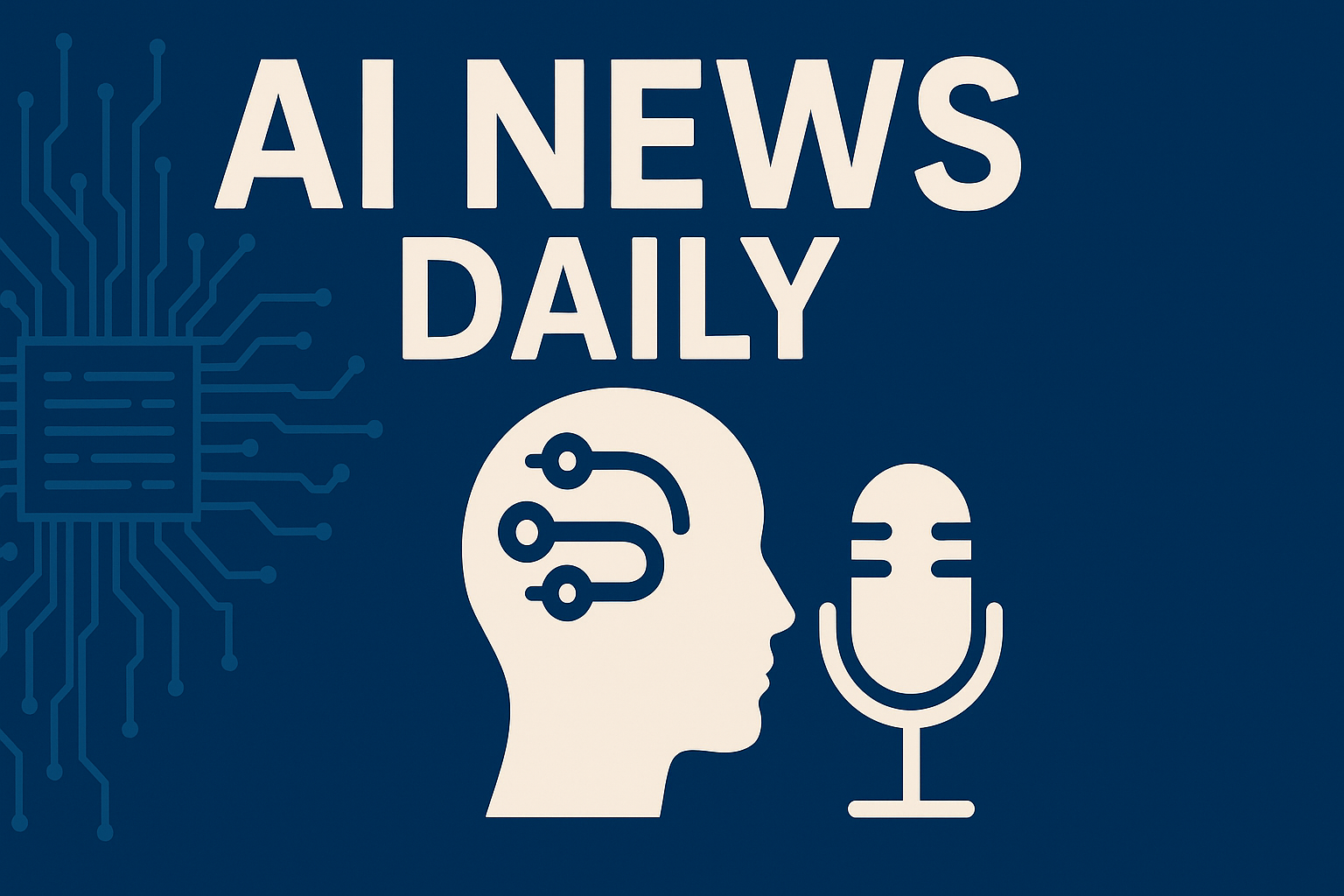Title: AI Roundup: OpenAI Restores GPT-4o as Google Expands Gemini and Alphabet Commits $1B to AI Education
Content: OpenAI reversed course after backlash to GPT-5’s “cold” tone and writing, reinstating GPT-4o as a selectable model for ChatGPT Plus users. CEO Sam Altman blamed a bug in GPT-5’s autoswitcher and pledged improved reasoning, clearer model selection, and doubled rate limits. The company is also preparing task-specific ChatGPT agents to automate spreadsheet and presentation work, positioning them as natural-language rivals to Excel and PowerPoint for business and consumer productivity.
Google is piloting a revamped Finance hub in the U.S. that integrates a Gemini-powered chatbot to query earnings, compare companies, and analyze filings, along with richer charts and expanded crypto tracking—encroaching on territory held by Yahoo Finance and Bloomberg. Separately, Alphabet will invest $1 billion to expand AI training and research at more than 100 U.S. universities, offering funding, cloud credits, and free tools like Gemini, with plans to scale the program nationwide and globally.
In legal developments, Disney and Universal sued AI image generator Midjourney, alleging it produces derivative works from copyrighted material without permission—a case that could set key precedents for intellectual property in AI-generated art.
At DEF CON, DARPA named Team Atlanta, Trail of Bits, and Theori as winners of the AI Cyber Challenge for autonomous systems that find and patch software flaws. Finalists achieved a 77% detection rate on synthetic bugs, and the winning tools will be open-sourced to strengthen cybersecurity.
Developer sentiment remains mixed: Stack Overflow’s 2025 survey of nearly 50,000 developers found 84% plan to use AI tools, but confidence in AI-generated code dropped to 33% from 43% last year. Many confine AI to documentation and research amid accuracy, security, and privacy concerns. Meanwhile, Sensor Tower reports ChatGPT prompts rose from 17 million in January to 29 million in June 2025, with shopping-related queries increasing from 7.8% to 9.8% and product link click-throughs tripling—pushing brands toward generative engine optimization strategies.
